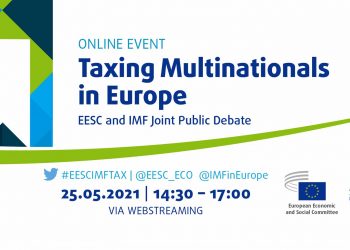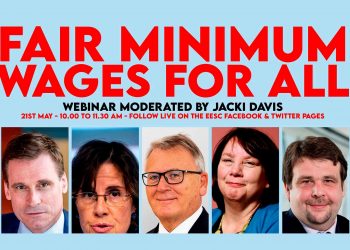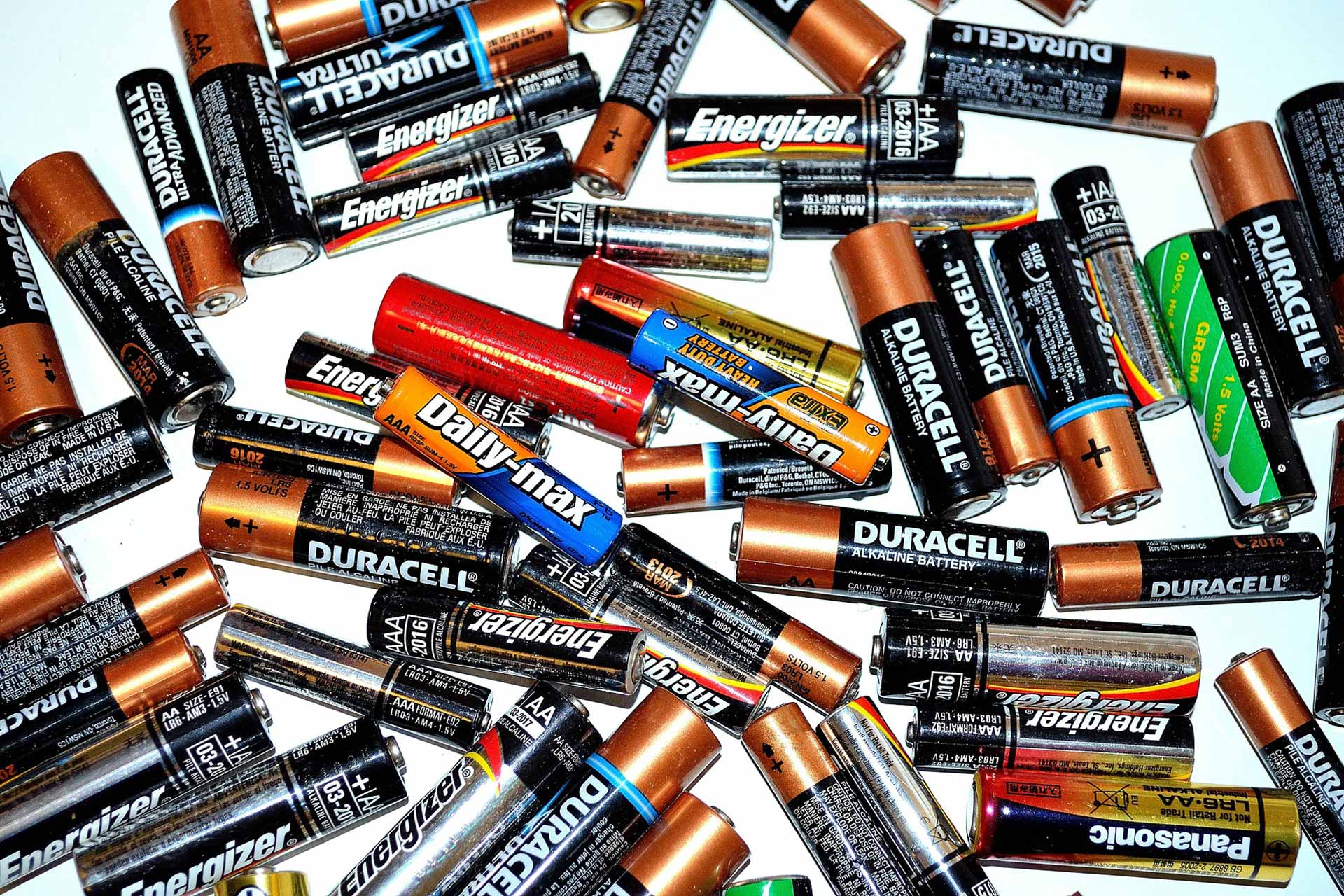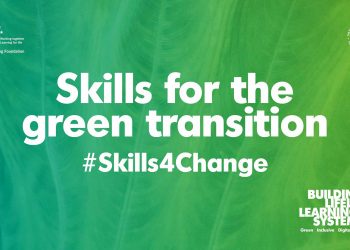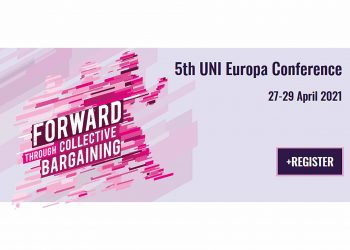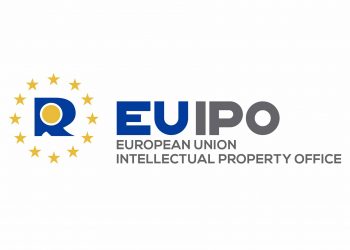The 57th Munich Security Conference MSC was virtualy this year at the center of international diplomacy on the new Transatlantic agenda. Due to the ongoing Covid-19 pandemic, the MSC Special Edition 2021 was Virtual online as a TV broadcast. On February 19, 2021, the MSC Special Edition assembled some of the world’s most senior decision-makers.
The new Transatlantic agenda
The European Commission and the High Representative are putting forward a proposal for a new, forward-looking transatlantic agenda. The past years have been tested by geopolitical power shifts, bilateral tensions and unilateral tendencies. The victory of President Joe Biden and Vice-President Kamala Harris, combined with a more assertive and capable European Union and a new geopolitical and economic reality, present a once-in-a-generation opportunity to design a new transatlantic agenda for global cooperation based on our common values, interests and global influence.
Munich Security Conference MSC2021
World leaders discussed how to rebuild and renew the transatlantic alliance and highlight the areas in which transatlantic and international cooperation are most urgently needed. Speaking at 2021 Special edition of the Munich Security Conference on 19 February, President of the European Commission Ursula von der Leyen focused on climate change and digital transformation. These are two major topics that could be driving the EU-US new global agenda.
She touched upon the EU actions to fight climate change, including the goal of making Europe the first climate-neutral continent by 2050. She invited others to ‘match our ambition’. “A shared transatlantic commitment to a net-zero emissions pathway by 2050 would make climate neutrality a new global benchmark. And it would be a timely message in the run-up to COP26”, von der Leyen said. She commended the US return to the Paris Agreement and the initiative to host a Climate Leader’s Summit on Earth day.
Renewing Transatlantic Cooperation
She equally invited the United States to join EU initiatives on regulating the digital market and to together ‘create a digital economy rulebook that is valid worldwide’. “We want to make sure that what is illegal offline is also illegal online. And we want clear requirements that internet firms take responsibility for the content they distribute, promote and remove”, von der Leyen explained.
Von der Leyen stressed it was up to the US and the EU to strengthen their cooperation again, as partners and indispensable allies. “If we lead the way, this is not only about joining forces. This is a signal to the world,” she concluded.
Joe Biden, Angela Merkel, Emmanuel Macron, Boris Johnson, António Guterres, Jens Stoltenberg, Ursula von der Leyen, Charles Michel, Tedros Adhanom Ghebreyesus, John F. Kerry, and Bill Gates participated. The event titled “Beyond Westlessness: Renewing Transatlantic Cooperation, Meeting Global Challenges.”
A Europe fit for the digital age
Digital technology is changing people’s lives. The EU’s digital strategy aims to make this transformation work for people and businesses, while helping to achieve its target of a climate-neutral Europe by 2050.
The Commission focus to make this Europe’s “Digital Decade”. Europe must now strengthen its digital sovereignty and set standards, rather than following those of others – with a clear focus on data, technology, and infrastructure.
EU calls next American President Joe Biden to work very closely
Shaping Europe’s digital future
The digital transition should work for all, putting people first and opening new opportunities for business. Digital solutions are also key to fighting climate change and achieving the green transition. The European Commission is working on a digital transformation that will benefit everyone. Digital solutions that put people first will
- open up new opportunities for businesses
- encourage the development of trustworthy technology
- foster an open and democratic society
- enable a vibrant and sustainable economy
- help fight climate change and achieve the green transition
A European Green Deal in the new Transatlantic agenda
Climate change and environmental degradation are an existential threat to Europe and the world. To overcome these challenges, Europe needs a new growth strategy. It will transform the Union into a modern, resource-efficient and competitive economy, where:
- there are no net emissions of greenhouse gases by 2050
- economic growth is decoupled from resource use
- no person and no place is left behind
The European Green Deal is our plan to make the EU’s economy sustainable. We can do this by turning climate and environmental challenges into opportunities. We could make the transition just and inclusive for all.
Munich Security Conference
During its main conference in February, the MSC assembles more than 450 senior decision-makers. Also thought leaders from around the world, including heads of state, ministers, leading personalities of international and non-governmental organizations, high-ranking representatives from business, the media, academia, and civil society. They all debate together pressing issues of international security policy.

